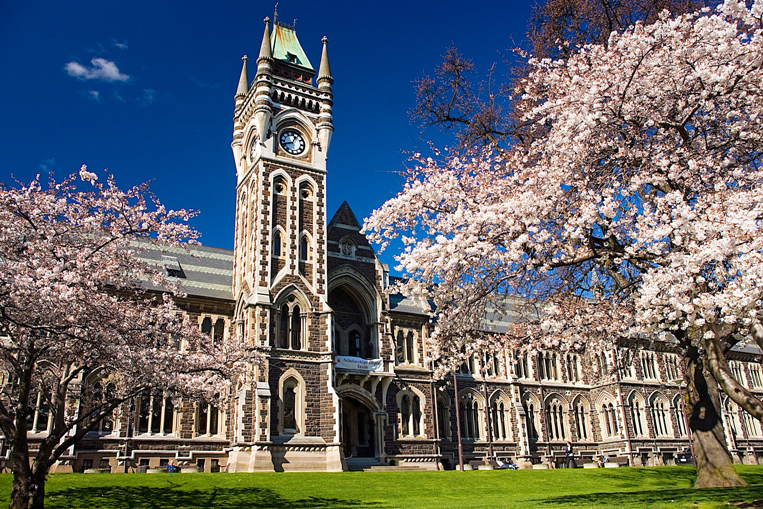A Bit About Applying to University in New Zealand
 |
| University of Otago, New Zealand; Photo Courtesy of www.otago.ac.nz |
If you’re also looking for a temperate climate and an opportunity to enjoy the outdoors in close proximity to a city-scape, all with a touch of its native Maori culture, this could be a place to consider for your further studies!
Here are some basic facts about applying to New Zealand for higher education:
University in New Zealand
Universities and technical institutions in New Zealand are state-owned and have research-heavy departments. They offer qualifications ranging from certificates to post-doctorate degrees, in a wide variety of departments and subjects.
- Tuition fees in New Zealand are comparatively lower than those in the U.S. or U.K.
- New Zealand's institutes of technology and polytechnics are also state-owned, and offer courses that are considered to be equivalent in merit to those offered at the universities.
- The academic year generally starts in late February or early March and ends in November. Some courses do offer the option of entering in July.
Application deadlines.
- Applications are due in October or November of the year before you plan on joining - depending on the school and faculty you want to apply to.
Language and Visa Requirements
 |
| A Night view of Auckland city. |
- If you are applying from a country where English is not considered to be the first language, you’ll have to take a basic English language proficiency test, such as the TOEFL or IELTS (check which test the institution you are applying to prefers), and score within a requisite range.
- These tests take place all year round and can be booked easily online.
- Those who have taken the U.K. GCSE exams are exempt from the English language tests.
- If your chosen course is longer than three months, you will need to get a student visa for New Zealand. You can apply for this visa at the New Zealand High Commission in your country of residence, but only after you have received an offer from an institution.
Scholarships and Financial Aid
- There are a number of scholarships and financial aid packages available for international students.
- The New Zealand Aid Programme offers scholarships to students from developing countries.
Individual institutions also offer their own aid packages – you can request this information accordingly.
This information was compiled with help from New Zealand’s Ministry of Education site.












